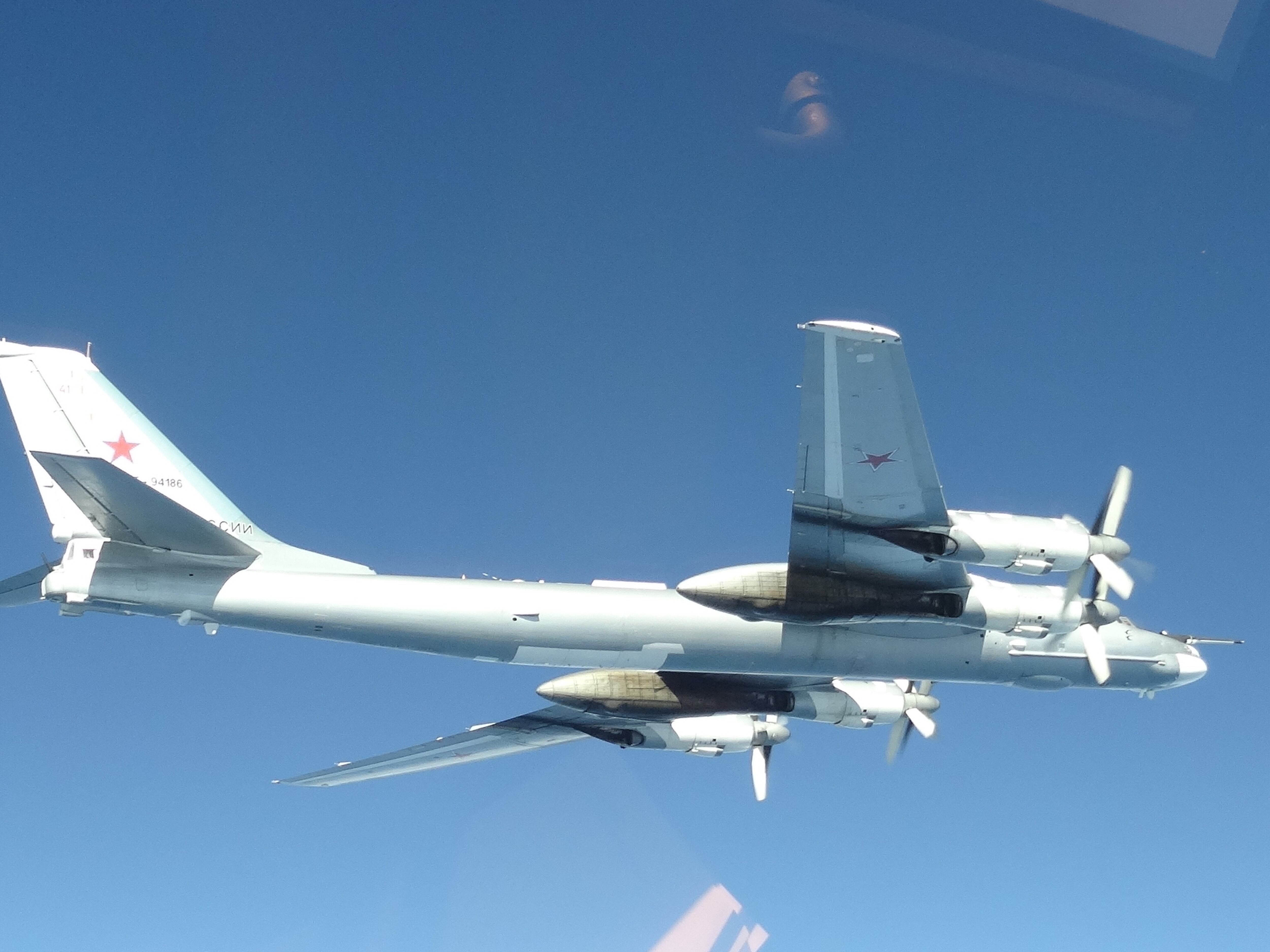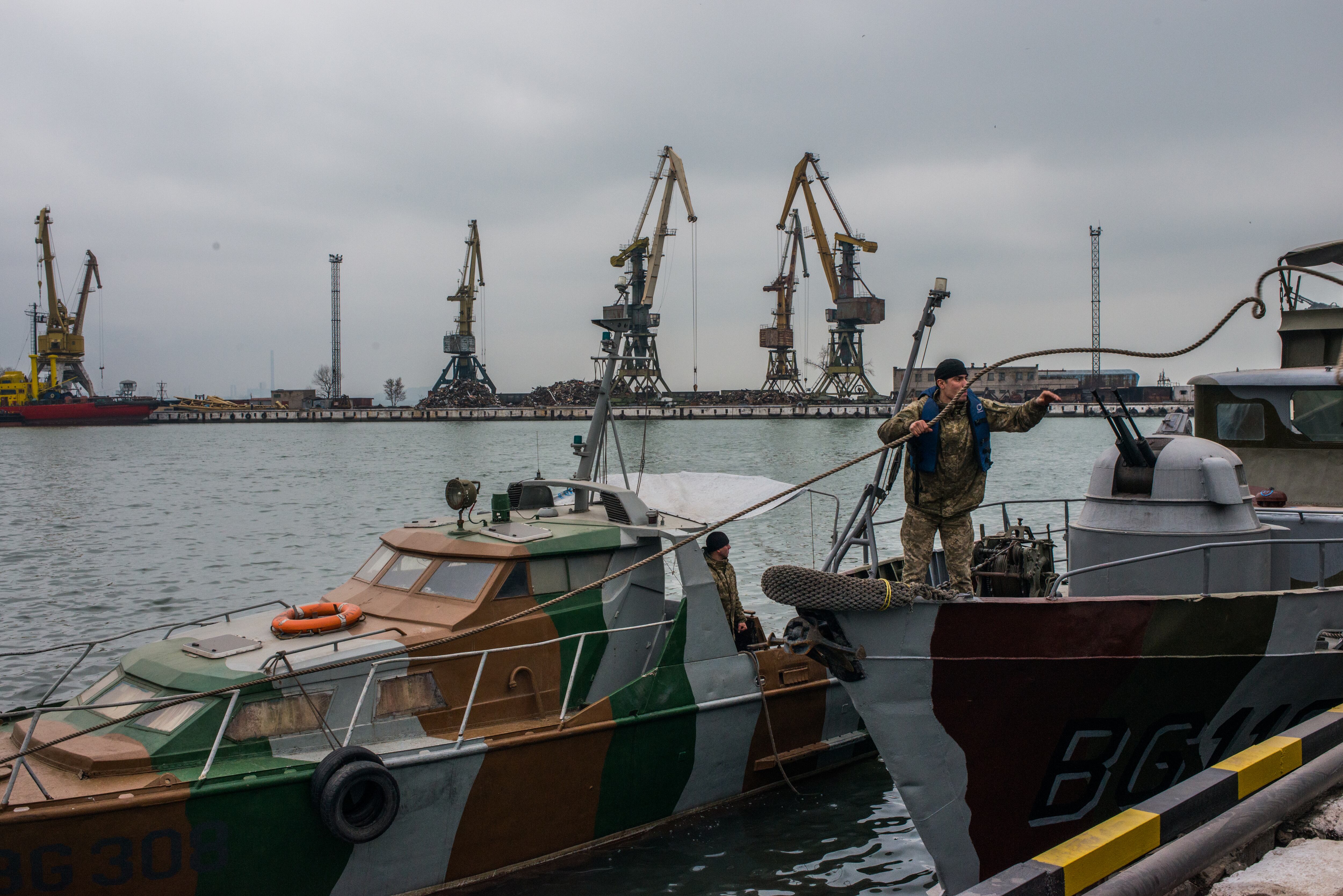BRUSSELS — The new head of the European Defence Agency, Jiří Šedivý, has thrown down the gauntlet to European Union member states, telling them: “It is up to you to deliver.” In an interview with Defense News, he said the onus is on EU countries “to use the EDA to its full extent.”
Šedivý has extensive experience in the defense domain, having served as defense minister and deputy defense minister of the Czech Republic, NATO assistant secretary general for defense policy and planning, and permanent representative of the Czech Republic to NATO.
His term comes amid a fast-changing European defense landscape and new EU defense initiatives that are under increasing pressure to deliver results.
How will the COVID-19 health crisis affect European defense spending in the near, mid and long term?
Let’s be realistic: We are still in the middle of the pandemic and, at this stage, nobody can foresee what its exact repercussions will be. But being realistic also means that we have to anticipate, already now, that national and European defense budgets might come under pressure as a result of the massive economic and financial costs of COVID-19, whether we like it or not. Here our answer should be straightforward: Rather than cutting national defense expenditure rashly, let’s coordinate, pool and share our resources and invest more in collaborative capability development because a collective approach is much more cost-effective than national solo efforts.
The same goes for defense research where national ministries of defense might face problems to receive the same funding than in the past to finance their individual national programs. The best response to shrinking national budgets for defense research is to join forces and resources and to engage in more cost-effective collaborations at EU level.
RELATED

We therefore should maintain our European defense ambitions, keep course and pursue the implementation of the new EU defense instruments — the Coordinated Annual Review on Defence (CARD), the Permanent Structured Cooperation (PESCO) and the European Defence Fund (EDF) — which are all in place, fit for purpose and ready to be used. The COVID-19 crisis could offer us an unexpected and unique opportunity to reinvigorate defense cooperation in Europe.
The defense portion of the proposed EU budget has come under pressure. If the European Defence Fund is indeed curtailed, how do you expect EDA to adjust its objectives?
It is too early to speculate about the Fund’s future budget allocation as negotiations are still ongoing. Therefore, we have to wait and see.
This being said, the EDF will be an essential part of the EU’s defense-cooperation toolbox, together with CARD and PESCO. Therefore, it is crucial that the Fund receives the financial means it needs to play its role properly. I thus hope for adequate funding for this important collaborative tool because for the reasons I just explained, we need more defense cooperation in the future, not less. And the Fund will serve not only as an incentive to that end, but also as a point of leverage for economic recovery.
In any case, EDA’s activities are not directly linked or dependent of the Fund’s budget as we are an intergovernmental agency entirely and directly funded by our member states, not through the EU budget.
U.S. defense companies want to be allowed to compete for EDF money and PESCO participation. How do you believe it is possible to strengthen intra-EU defense cooperation without shutting out trans-Atlantic ties at the same time?
Third-party participation in the EDF is among the topics currently discussed between member states, the Commission and the European Parliament as part of the legislative process on setting up of Fund. So the jury is still out on the outcome of these talks. EDA is not involved in that process and therefore I cannot comment.
However, I want to recall a basic underlying principle of European defense cooperation, namely that the European Union is fully committed to working with the U.S. as a core partner in security and defense matters. The EU defense initiatives must be understood in this context: They are not directed against our trans-Atlantic partnership but aim to enhance Europe’s contribution to our common trans-Atlantic security by sharing a greater part of the burden. PESCO and EDF will help enhance EU member states’ investment in the joint development of defense capabilities and deepen cooperation to make more efficient use of defense spending in the EU. The resulting defense capabilities will not be owned by the EU but by its member states. Which means they will also be available to NATO, at least for those EU member states that are NATO allies. As a result, EU cooperation ultimately also strengthens NATO as well as our trans-Atlantic partners.
RELATED

What is in store for the dozens of PESCO projects currently underway? For example, do you expect new ones to join the roster at some point, or some to be canceled if they fail to deliver?
As you know, PESCO is a member states driven initiative. It’s therefore up to the 25 participating countries to decide whether they want to launch new collaborative projects in the future. If you ask me, I expect indeed more projects to be added in the future but not this year as it was decided to skip 2020 after three consecutive waves of new projects launched — 47 in total to date — since December 2017, when PESCO was established.
Focusing on the project implementation and delivering tangible outputs is thus the priority now. Equally, it is up to the member states involved in a given project to decide about possible changes or adjustments to be made or, to answer your question, even to cancel a project that would fail to deliver. It’s the member states who own the projects, so it is up to them to implement them in the way they want.
This being said, EDA is available and keen to support them, if they wish, in the implementation. As the European hub for collaborative capability development, we have the expertise and experience needed to do that. We therefore encourage member states to make full use of the Agency and to seek our know-how and support for bringing their PESCO projects forward. And we see that they start to rely more and more on our help. The number of PESCO projects which have been or currently are supported by the agency has constantly increased and now stands at six; two of them (in the areas of CBRN surveillance and deployable underwater capabilities) as EDA projects. Judging from informal expressions of interest received, we have reasons to expect those numbers to further grow in the future.
Martin Banks covered the European Union, NATO and affairs in Belgium for Defense News.








